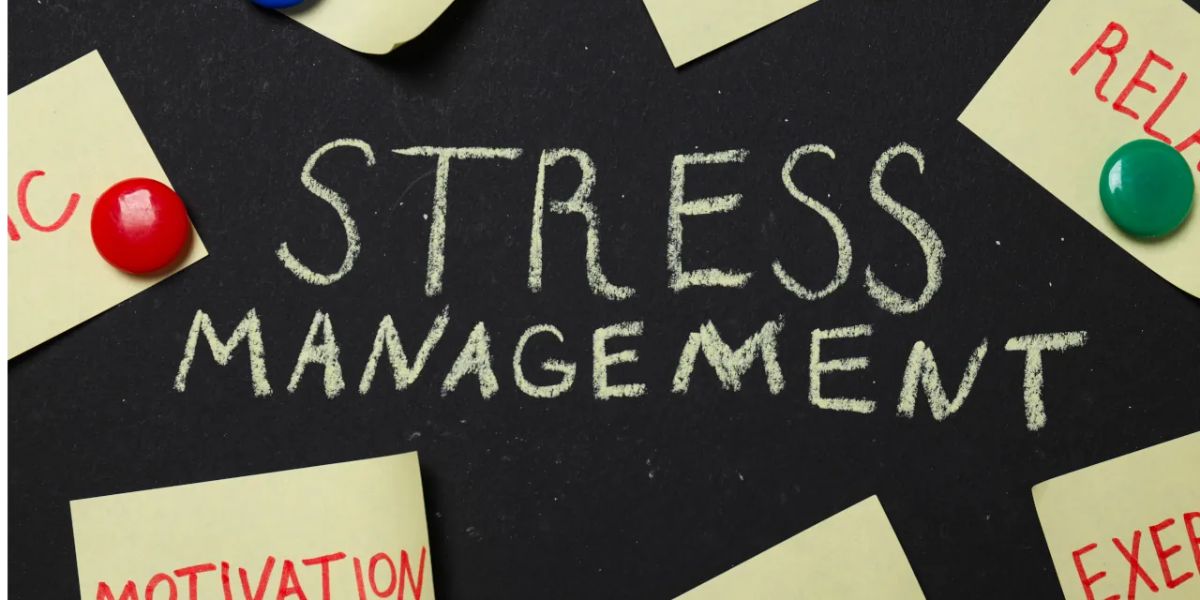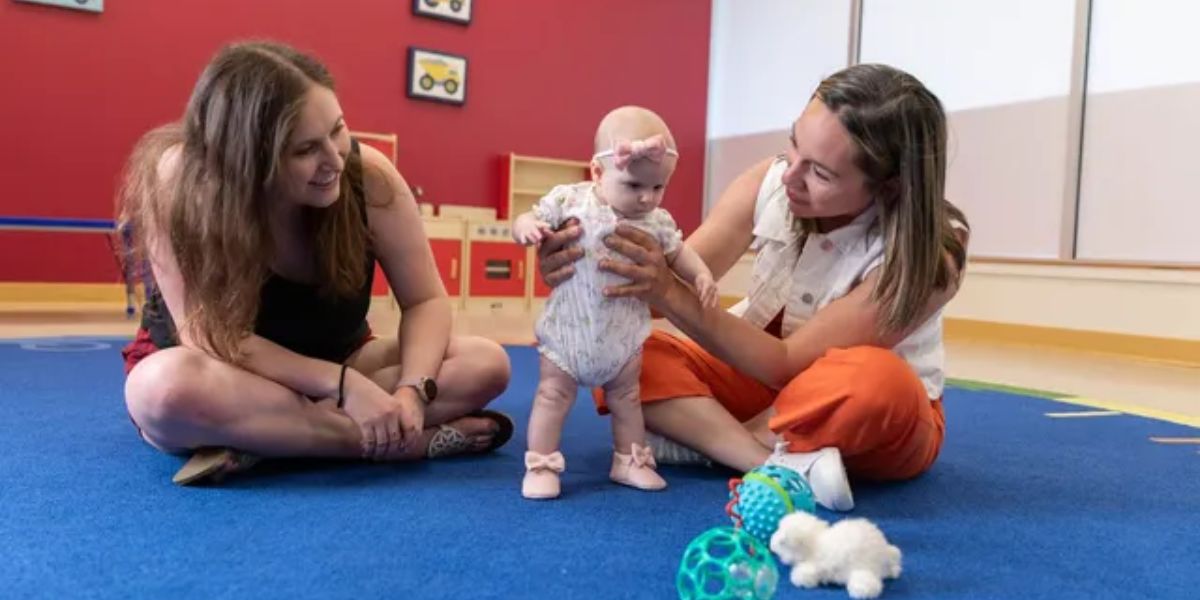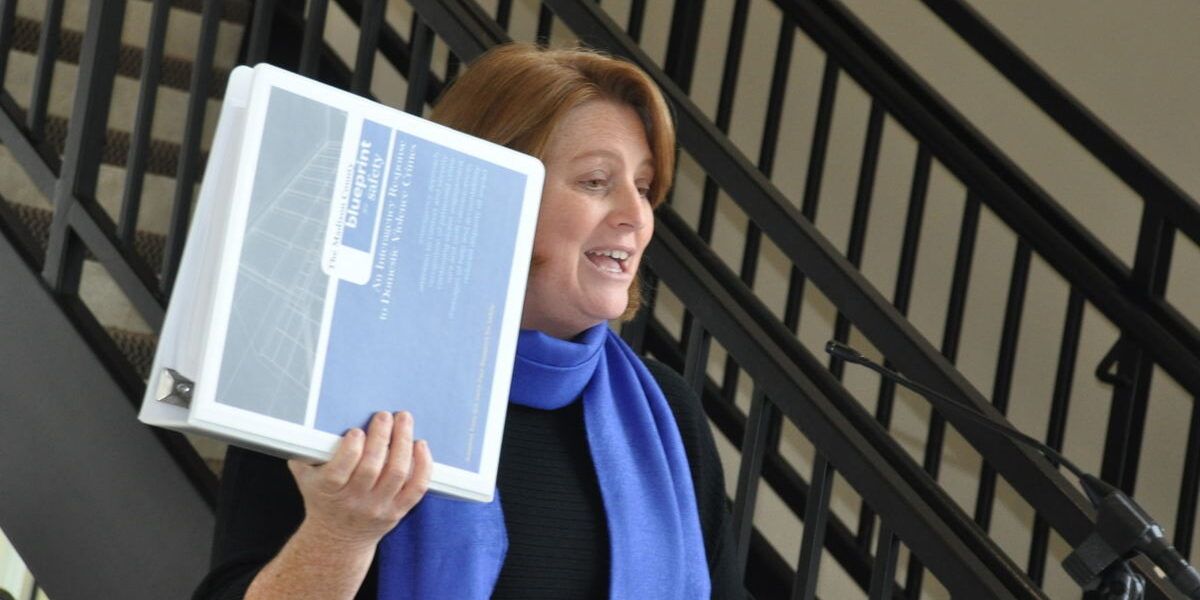Behavioral health professionals play a critical role in the prevention of substance use within communities. With substance use affecting countless individuals and families across the country, local professionals are positioned at the forefront of addressing this challenge. Their contributions go beyond simply offering treatment; they provide education, support, and strategies to prevent the onset of substance use. This article delves into the essential role these professionals play in safeguarding the health of Madison County’s residents.
Understanding the Connection Between Behavioral Health and Substance Use
Substance use often begins with underlying behavioral health issues such as stress, trauma, or mental health disorders. Behavioral health professionals in Madison County work tirelessly to address these root causes. By offering a range of therapies, counseling, and support groups, they help individuals manage emotional and psychological challenges before they resort to substance use as a coping mechanism. Preventing substance use in the first place is far more effective than dealing with the consequences later.
Table of Contents
Early Intervention and Screening
One of the key roles of behavioral health professionals is early intervention. By conducting screenings in schools, workplaces, and health clinics, they can identify individuals at risk of developing substance use issues. In Madison County, many health providers actively collaborate with local schools and organizations to implement prevention programs aimed at identifying at-risk youth before they experiment with drugs or alcohol. Early intervention programs, such as those targeting teens and young adults, provide educational sessions and resources that help them make informed decisions regarding substance use.
Providing Mental Health Support to Prevent Substance Abuse
Mental health issues are often closely linked to substance abuse, with individuals using drugs or alcohol to manage symptoms of anxiety, depression, or other emotional struggles. Behavioral health professionals in Madison County offer comprehensive mental health services, including therapy and counseling, to help individuals cope with these issues without turning to substances. Cognitive-behavioral therapy (CBT) is one such therapeutic approach used to help individuals identify and change negative thought patterns that may contribute to substance abuse. By providing these mental health services, behavioral health professionals reduce the likelihood of substance use as a form of self-medication.
Educating Families and Communities
Beyond working with individuals, behavioral health professionals in Madison County also focus on educating families and communities about the risks of substance use and the importance of early prevention. Community outreach programs, public health campaigns, and family therapy sessions are designed to create supportive environments where individuals can thrive without resorting to substance use. Parents, teachers, and community leaders are equipped with the tools to recognize the signs of substance abuse and understand how to provide support to at-risk individuals.
Family education is especially important, as parents are often the first line of defense when it comes to prevention. Behavioral health professionals conduct workshops and seminars to educate families on how to communicate with their children about the dangers of substance use, building resilience, and fostering open, honest discussions about mental health and addiction.
Collaboration with Other Local Agencies
Behavioral health professionals in Madison County do not work in isolation. They collaborate closely with other local agencies, including law enforcement, schools, and community organizations, to build a unified prevention network. These partnerships are vital in creating a cohesive response to substance use issues within the county. Together, these agencies can share information, coordinate efforts, and ensure that individuals receive the support they need at the right time.
Moreover, by engaging in cross-sector collaboration, Madison County is better equipped to address the systemic issues contributing to substance use, such as poverty, lack of education, and limited access to healthcare. Behavioral health professionals play a pivotal role in advocating for policy changes and improving the overall health and safety of the community.
Support for At-Risk Populations
Certain populations are at a higher risk for substance use, including those dealing with mental health issues, trauma, or chronic stress. Behavioral health professionals in Madison County focus on providing specialized support to these vulnerable groups. This includes services for veterans, individuals with a history of trauma, and those facing socioeconomic challenges. By offering tailored interventions, behavioral health professionals are able to meet the unique needs of these individuals and prevent substance abuse from taking root.
Behavioral Health in Schools: A Proactive Approach
In addition to working with individuals, behavioral health professionals in Madison County are actively engaged in schools. They provide training for educators and staff on identifying early signs of substance abuse and mental health issues. They also implement peer-led programs that promote positive coping strategies and foster peer support. These programs teach children and adolescents healthy ways to deal with stress and conflict, reducing the likelihood of them turning to substances as a solution.
The Impact of Prevention Efforts in Madison County
The collective efforts of behavioral health professionals in Madison County have already shown promising results. Prevention programs and mental health services have contributed to a decline in substance use rates among local youth and young adults. Schools are reporting fewer instances of drug-related incidents, and many community organizations are seeing a positive shift in how individuals perceive and approach mental health and substance abuse.
However, the work is far from over. As new trends in substance use emerge, such as the rise of synthetic drugs and opioid misuse, behavioral health professionals must continue to adapt their approaches to meet the evolving needs of the community.
Call to Action: Get Involved in Prevention Efforts
Preventing substance use in Madison County is a collective effort that involves individuals, families, and the wider community. Behavioral health professionals are making a significant impact, but more support is needed. Get involved by participating in local prevention programs, supporting educational campaigns, and advocating for better access to mental health services. Together, we can create a healthier, more resilient community.
What are your thoughts on the role of behavioral health professionals in preventing substance use? Share your experiences and ideas in the comments below.













